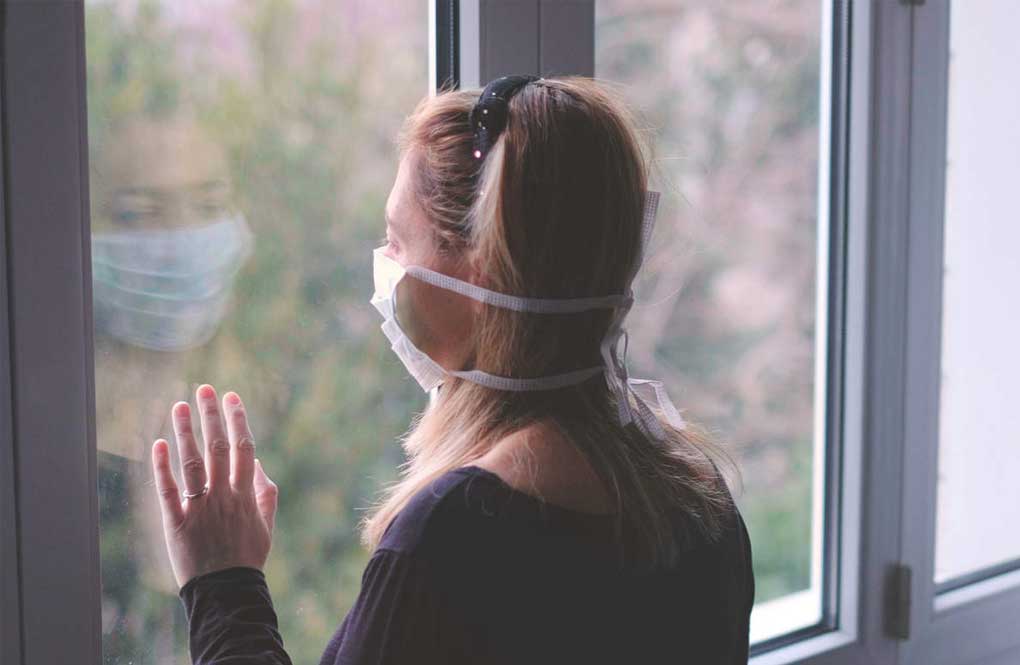COVID-19 infections and deaths continue to tick upwards as the head of a medical institute warns Australia is losing its battle with the virus.
Burnet Institute director Brendan Crabb says current strategies to combat the virus are not working.
“What the numbers say is that we’re simply not winning,” Prof Crabb told Seven’s Sunrise on Saturday.
“The latest wave we just had … which was the third wave of this year, was the worst wave we’ve had this year – more hospitalisations and more deaths.”
Australia reported another 15,301 cases and 97 deaths on Saturday.
At that rate, the country is on track to record its 10 millionth case within a week.
Prof Crabb said there was an “attitude problem”.
“We haven’t quite grasped the fact that having lots of virus in our community is bad,” he said.
“We have to change to reduce transmission, to be intolerant of the amount of virus in our community.”
US researchers have been analysing people who have repeatedly contracted the virus and are finding the risk of acute and chronic disease accumulates with each new infection.
Prof Crabb said the research is worrying and surprising, and shows the need to reduce infection rates.
“There is no wall of immunity built by infection against the impacts of infection,” he said.
While “herd immunity” is real, Prof Crabb said the way to reach it was through vaccination, not infection.
The most recent vaccination data, from Thursday, showed 14,175,324 people have received three doses of a coronavirus vaccine in Australia, while 4,543,228 have had a fourth.
The Australian Technical Advisory Group on Immunisation last month updated its recommendations to say those aged 30 to 49 are eligible for a fourth shot – and that those aged 50 to 64 should get one.
Older Australians were already able to receive a fourth vaccine, and are at higher risk of worse outcomes if they become infected.
The interval between doses or prior infection was also shortened from four months to three.
Healthy adults under 30 are not yet eligible for a fourth dose after ATAGI opted not to support making it available because it was not clear if the benefits outweighed the risks.
(AAP)













